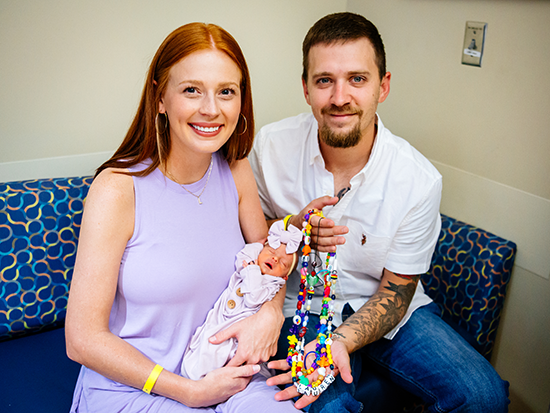A coronary chronic total occlusion is a total blockage in a coronary artery that has been present for at least three months. Coronary arteries are the blood vessels that supply blood and oxygen to the heart. If the complete blockage has been present for less than three months, it is called a total coronary occlusion. The blockage is caused by atherosclerosis, which is the buildup of fatty deposits and inflammatory cells (called plaque) on the inner walls of the arteries that restrict blood flow to the heart. Without adequate blood flow, the heart becomes starved of oxygen and vital nutrients it needs to work properly. When one or more of the coronary arteries suddenly becomes completely blocked, a hear t attack (injury to the heart muscle) may occur.
At one time, a coronary chronic total occlusion required coronary bypass surgery. Today, qualifying patients can be treated with a minimally invasive procedure called a percutaneous coronary intervention (PCI). Sometimes called a coronary angioplasty, the PCI process involves using a device comprised of guide wires and a catheter fitted with a balloon to break up the blockage, after which a small mesh tube called a stent is placed in the affected area to support the inner wall of the artery and help maintain blood flow. The relatively new treatment is less invasive and allows for a faster recovery than bypass surgery.
UAB Interventional Cardiology is an internationally recognized leader in cardiac services, combining compassionate, innovative patient care with the most advanced technology and basic and clinical research. The program makes use of catheterization, stenting, angioplasty, and other minimally invasive interventional treatments to unblock clogged arteries.
UAB is one of the first heart centers in the nation to use a new procedure called percutaneous coronary intervention of coronary chronic total occlusion, which allows many patients to avoid bypass surgery.
Interventional Cardiology provides both inpatient and outpatient consultative care at UAB Hospital and at The Kirklin Clinic of UAB Hospital. The UAB Heart and Vascular Center, located in UAB Hospital’s North Pavilion, is one of the largest centers of its kind in the Southeast, encompassing 55,000 square feet. It also is among the first of its kind to integrate multiple services including electrophysiology, interventional cardiology, neuro-interventional radiology, pediatric cardiology, and vascular interventional radiology.
Resources
Related Specialties
- Atrial Fibrillation
- Coronary Angioplasty and Stenting
- Coronary Artery Bypass Graft Surgery
- Heart Palpitations
- Mechanical Circulatory Support Device
- Percutaneous Coronary Intervention of Chronic Total Occlusion
- Premature Atrial Contractions
- Pulmonary Arterial Hypertension
- Pulmonary Valve Stenosis
- Smoking Cessation
- Wolff-Parkinson-White Syndrome
Clinical Trials
Speak to your physician about your options and browse the link below for more information
Latest News
View All News-
UAB researchers evaluate the efficacy of new cardiovascular disease risk equation in multiple studies
June 24, 2025
-
Voucher awards will accelerate spatial biology research
April 2, 2025
-
How to help children develop heart-healthy habits
February 27, 2025
-
“A blessing to be able to be here” — UAB employees provide fellow employee lifesaving care after cardiac arrest
February 11, 2025
-
Women’s heart health: Here is what you should know
February 3, 2025



